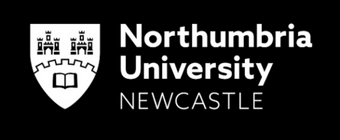If your mind is stimulated by physics and maths, and you are also fascinated by the sun and our solar system and want to explore subjects such as dark matter and black holes, then choosing Physics with Astrophysics at Northumbria can give your career as a Physicist and Astrophysics edge.
The UK space sector is growing. Graduates in Physics with Astrophysics have never been more in demand, and at Northumbria you will be learning from the best, in world class learning environments with the aid of the best technology.
Research strengths of our staff include astro-particle physics and solar physics, as well as quantum devices, smart and nano materials, soft matter, chaos theory and dynamical systems. This breadth provides an opportunity.














